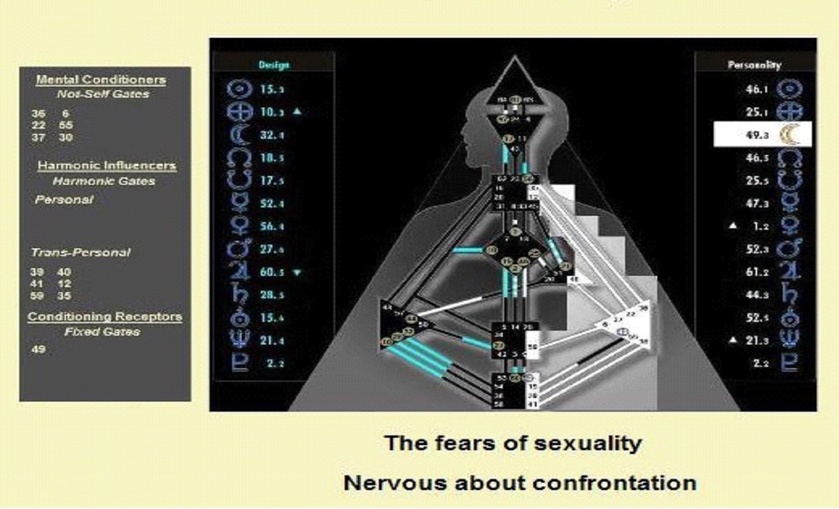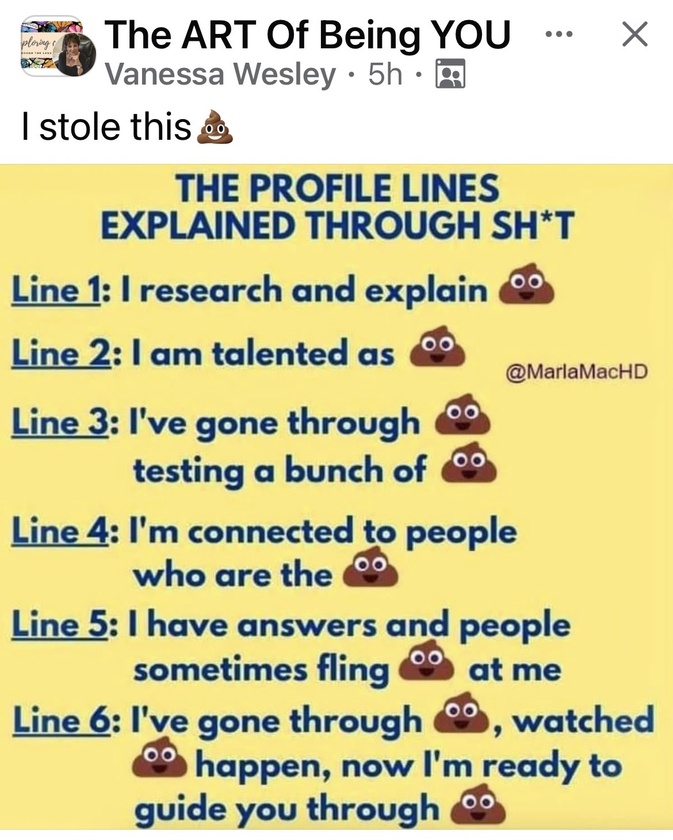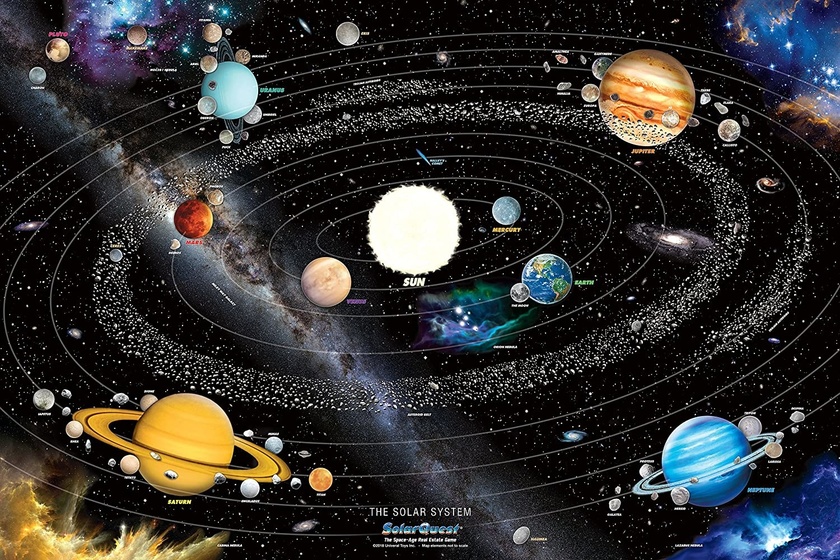From Chaitanya -
“These are the fears that work within the frame of the general not-Self strategy of the open emotional system – so we just refined the emotional not-Self strategies we have been looking at before, including the sexual theme to it:
• Gate 30 = the fear of desire. Example: You’re out on a date with somebody but your emotional openness is going to create a real fear of desire, which will, even if you are attracted to that being, push your mind not to engage, because you are scared about the consequences (“The fates will strike and it will all fall apart…I’m going to be rejected…and I’m going to be the one that is suffering! So why bother? It’s not going to work anyway.” So you make up your mind, you call them and you cancel the appointment.
• Gate 55 (under enormous mutative pressure) = The fear of passion. Example: Even when they think they are in love with somebody, they don’t really know if it’s true love. And the fear here is the fear of emptiness, this fear that the passion will just remain a passion and that the consumption of that love will never happen, leaving you empty in the end. Or it can be the fear that once you consumed that love/sex it will leave you empty-handed and melancholic (depressed). So here you have somebody that is avoiding the confrontation because of a fear that the passion will only bring emptiness and in the end it will be all a waste of time.
• Gate 49 = the fear of need. This is both the fear of needing and the fear of being needed. The great fear of the 49 is the fear of unpredictability. This is where you get the rules laid out in the marriage contract. The formula is all about ‘obey’ – and it typically says, “If I give you what you need, will you stop being needy?” And of course the answer is NO. As a 49 you never like to be needed. So you get: ‘Avoid confrontation and truth because you are afraid of being needed or your own neediness. And the moment need is there everything gets unpredictable, everything looses its stability, so “it’s better I don’t get involved”. In the end it’s always scared to be heart in its sensitivity.
• Gate 6 = fear of fertility. This is a legitimate fear, in the sense that each orgasm can lead to crating a new child. There is in this gate this fear of fertility, but also the fear of intimacy – “I don’t want to be that close, I don’t want to be stuck with you for the next 14-21 years!” So there is a legitimate fear of the consequences that intimacy can always bring, but it’s only correct decisions that will bring correct intimacies in the end.
• Gate 37 = the fear of marriage. This keynote has to be seen in the context of the ‘bargain’. This can be the fear to be somebody’s sex-slave, whore, toy-boy, etc. – all of these things that are set bargains that are all about being able to eat. It’s also about getting caught in the tradition that is there in the tribe – “You know, in our family the women do this and in our tribe the men do this,,,” bla, bla, bla. This can lead to the ‘run-away-bride’ syndrome.
• Gate 22 = fear of boredom. There is this, “Ah, I cannot imagine having to listen to this person telling me about its life for hours!” That’s this theme impacting the not-Self mind. Again, individuality is peculiar, because there is no real commitment to any kind of relationship, until there is not that mutative knowing that happens when it happens. But when you come to the individual sex, please understand that it has to do with love. If there is no sense of love there is no sexuality.
• Gate 36 = the fear of Sex (the sex-act itself). It is the gate that is inexperienced and that is always seeking experience. It is in fact fear of OTHER kind of sex acts that are so much part of the fantasy world of this awareness stream. This fear after all is the fear of inadequacy – not being at the height, not performing well enough sexually. So this is the kind of person that would like to live out some bizarre sexual act, but their not-Self strategy makes the mind think “Well, we can’t really ask for that, because it will not be accepted and it will only bring conflict, crisis and pain into my life – so I better stick to what (boring sex) we are having and leave my fantasies for when I masturbate”.
All of this makes it so difficult to have a functional relationship and an emotional, sexual correct communion with the other. In fact we love romantic love songs that are about pain. The same is true for theater and drama movies. There is all this suffering.”




















